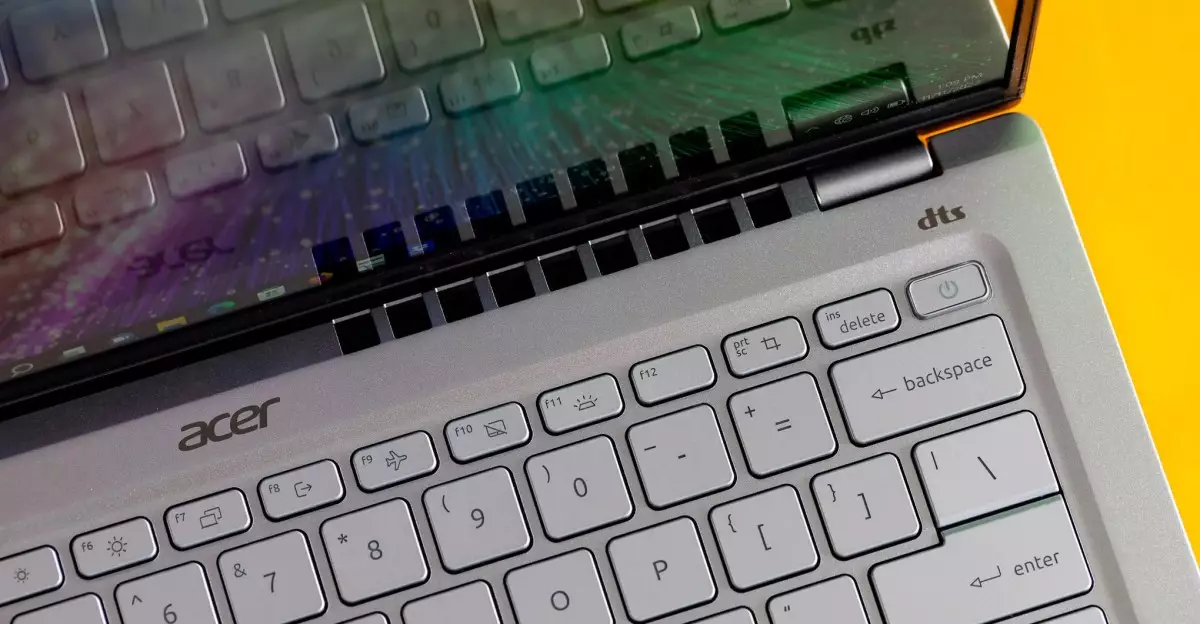In the ever-evolving landscape of technology, the recent announcements from major manufacturers regarding impending price increases for laptops have raised significant eyebrows. Acer’s CEO, Jason Chen, recently stated that consumers in the United States can expect a price hike of approximately 10% on laptops, a move directly influenced by the import tariffs imposed by the Trump administration on goods from China. This decision not only reflects Acer’s immediate response to economic pressures but also underscores broader industry trends that could potentially disrupt the entire laptop market.
The tariffs, initially set at 10%, serve as a crucial element in determining the retail price of consumer electronics. Manufacturing giants like Acer, along with major players including Apple, Dell, and HP, predominantly rely on China for assembly and production. Chen’s comments suggest a philosophical acceptance of these tariffs as a “default” mechanism for setting prices. However, he goes further to caution that the hike may not just be confined to the standard tariff rate, provoking concerns about possible price gouging where competitors may capitalize on the situation to impose even higher charges.
While the standard expectation might be a 10% increase, Chen’s insights imply that some companies could leverage these tariffs as a justification to increase prices beyond what is deemed reasonable. The idea of price gouging becomes particularly disconcerting for consumers who already face economic challenges. The call for transparency and a degree of responsibility among the tech industry’s players is paramount, especially as customers weigh their options amid rising expenses.
Interestingly, Acer is exploring strategic moves away from China for future laptop production, with the United States emerging as a possible alternative for manufacturing. This pivot could potentially mitigate further price increases by reducing dependency on tariff-affected imports. By relocating part of their production, companies like Acer are not only responding to immediate economic stimuli but are also rethinking their long-term operational strategies in an increasingly volatile political landscape.
Responses from other major manufacturers remain cautious and reserved, with many not yet willing to publicly commit to similar price adjustments. Comments from companies like Asus and Razer are pending, while Framework has indicated that its modular laptops may not be heavily affected by the tariffs, thanks to diversified supply chains. This variability across the industry highlights a crucial reliance on not just supply chain management, but also responsive pricing strategies in the face of external economic pressures.
As the tech industry braces for potential fluctuations in laptop prices, consumers are left navigating a daunting landscape of increasing costs and product availability. The actions of companies like Acer could serve as a precedent that shapes market expectations in the short-term. Stakeholders—ranging from manufacturers to consumers—must remain vigilant as these dynamics unfold, considering not only their immediate economic implications but also the long-term evolution of the global tech manufacturing landscape. The ongoing dialogue around tariff impacts, price adjustments, and manufacturing strategies promises to be a pivotal point of contention in the industry’s future.

